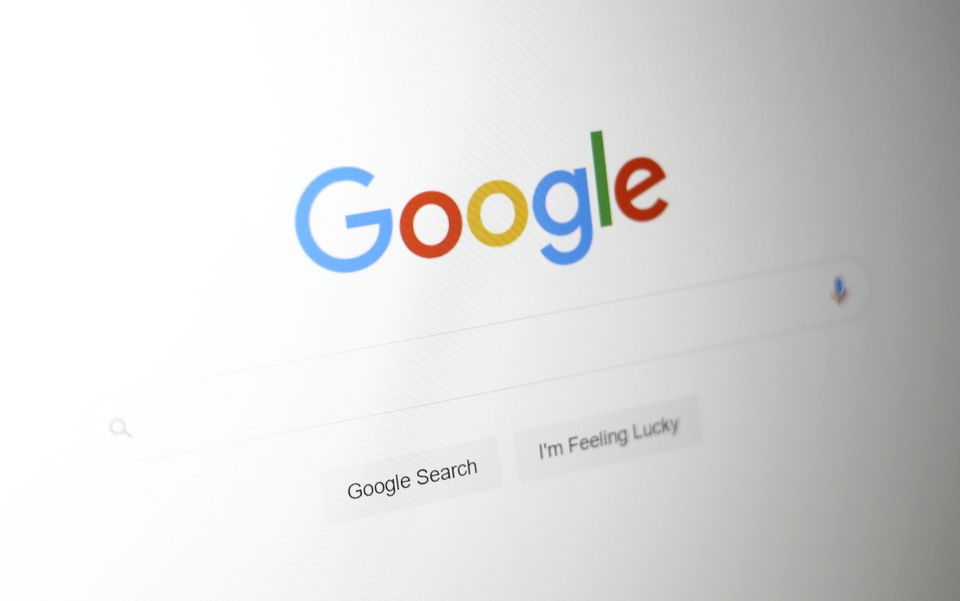Revenge porn should be treated in the same way as child abuse and terrorist content online, an expert has told MPs.
Doing so would mean non-consensual intimate images (NCIIs) could be quickly blocked from being viewed on the internet, the Women and Equalities Committee heard.
Current protections in tackling what is a growing problem are not strong enough, said David Wright, director at the UK Safer Internet Centre.
We need your consent to load this Social Media content. We use a number of different Social Media outlets to manage extra content that can set cookies on your device and collect data about your activity.
NCII abuse is when intimate content such as photos or video is produced, published, or reproduced without consent.
Mr Wright said there had been a “terrifying” rise in revenge porn cases in recent years, with his organisation managing 1,600 cases in 2019 compared with just under 19,000 last year.
In September, the Government announced that the sharing of revenge porn is to be classified as the most serious type of online offence under the Online Safety Act, meaning social media platforms will now have to take steps proactively to remove it.
The change to the law will see the sharing of intimate images without consent upgraded to be made a priority offence under the new online safety rules, which are due to come into force from spring next year.
Under the laws, material considered a priority offence – which also includes public order offences and the sale of weapons and drugs online – must not only be removed when it is found online, but platforms must also proactively remove it and take steps to prevent it from appearing in the first place – with large fines for those who fail to do so.
But MPs on Wednesday heard there is a need to go further and classify adult NCIIs as illegal content in the same way child sexual abuse material is.
The committee is considering what steps companies such as Google are taking to prevent and tackle such abuse (Tim Goode/PA)
Mr Wright said: “We want the NCII content to be treated in the same way as other illegal content – so child abuse content, terrorist content, which then will enable a number of things, but not least Internet Service Providers (ISPs) to actually to block access, from a UK perspective, to this content.
“And even in that regard, I think thinking about the victims whose content we’ve made every effort to take down but is still online, there’s some comfort knowing that well, it’s not viewable, or there’s limitations on how much it could be viewed.”
He said ISPs have told his organisation that they cannot block access to such content currently because they “run the risk of censoring the internet to non-illegal content”.
The MPs were also told of an example of a perpetrator having been convicted but being handed back a device with all of the NCII material on it – something they branded “shocking”.
Sophie Mortimer, manager at the Revenge Porn Helpline, said this would “stop dead” if adult NCIIs were made illegal in the same way as child sex abuse material.
The committee is looking into the impact of NIIC abuse on victims and what steps big tech such as Google and Microsoft are taking to prevent and tackle it.
MPs on the committee are also considering the extent to which the Online Safety Act will be effective in mandating the removal of NCII and assessing how legislation could be improved.
